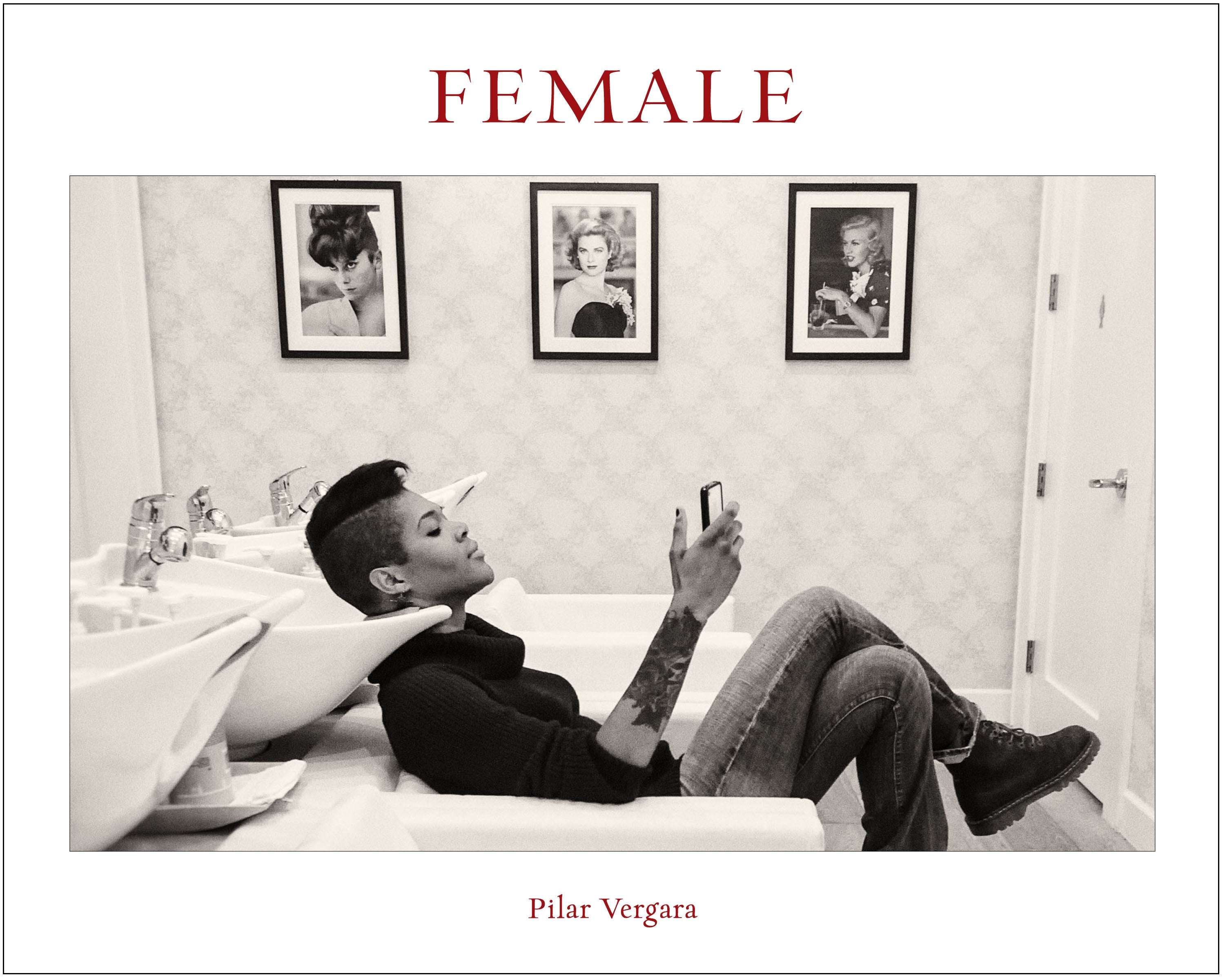UNIQUELY DIFFERENT

In my generation, gender expectations were the roadblock that prevented most women from competing in sports or finding employment beyond entry-level positions. Gender expectations nearly ended the career of a brilliant songwriter and pianist named Elton John because men weren’t “supposed to” have intimate relations with other men. And so when I first became aware of my effeminate nature and my dream of being a girl somewhere between the ages of five and seven, it was instantly clear even for a small child that these things could never be.
Like most of the transgender people born in the 1960s and 1970s, I didn’t know there were others like me who felt out of place in their assigned gender roles. Nobody told me there were medical options available to trans-gender people.















